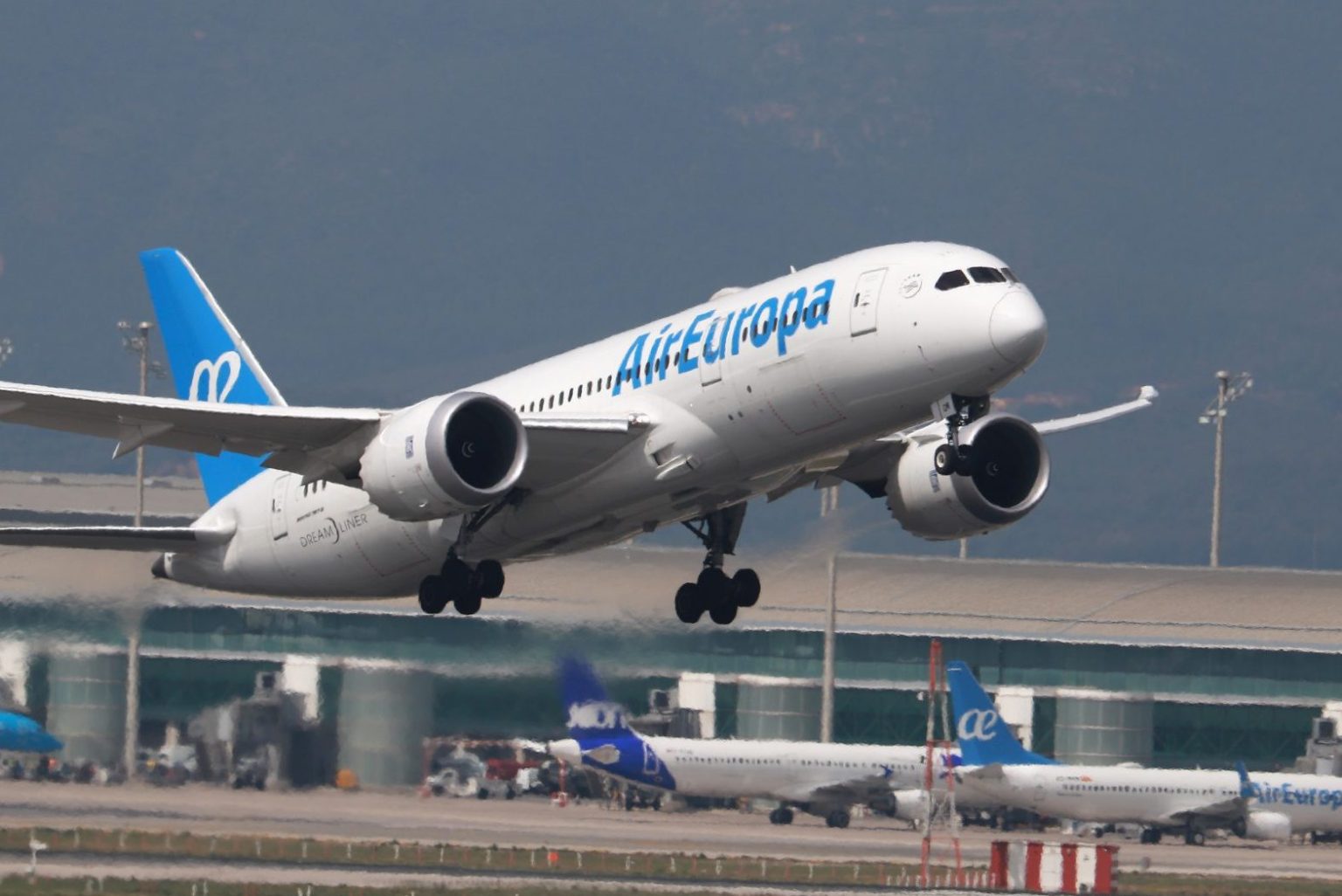IAG has decided to terminate its proposed takeover of Air Europa, the third-largest carrier in Spain with a hub in Madrid. The parent company of British Airways and Iberia had offered concessions to European Union regulators to address concerns about the deal being anticompetitive, including ceding 52% of Air Europa’s flights to its rivals. However, the regulators seemed poised to block the acquisition, leading IAG to conclude that it would not be in the best interests of shareholders to continue with the transaction. Despite paying a termination fee of €50 million ($54 million), IAG will retain its 20% stake in Air Europa.
European regulators have historically been skeptical about airline mergers, with concerns about reducing consumer choices and increasing fares. While airline executives in the region have advocated for more consolidation to help smaller airlines scale and reduce the need for government bailouts, regulatory approval has been difficult to obtain. Lufthansa recently received approval to acquire a stake in ITA Airways, the Italian flag carrier, but IAG’s attempts to acquire Aer Lingus were rejected multiple times. Ryanair CEO Michael O’Leary has been a proponent of airline consolidation, arguing that it is the way forward for Europe.
IAG’s CEO Luis Gallego has stated that the company will continue to develop its presence in Madrid, aiming to make it a rival to Europe’s largest hub airports. This decision comes after the termination of the Air Europa acquisition, as the company shifts its focus towards strengthening its operations in Madrid. The airline industry has seen challenges with regulatory approval for mergers, but some companies have been able to navigate these hurdles to expand their presence in strategic markets. The European Commission has been cautious about consolidation, citing concerns about competition and consumer choice.
The performance of airline sector stocks within the ST200 index, which includes companies publicly traded across global markets, provides insight into the financial health of the industry. The index combines the financial performance of nearly 200 travel companies worth more than a trillion dollars into a single number. Despite challenges with regulatory approval for mergers, airlines continue to navigate market dynamics and pursue growth opportunities. As industry players seek to strengthen their positions in key markets, regulatory scrutiny remains a key factor in determining the success of mergers and acquisitions in the airline sector.


